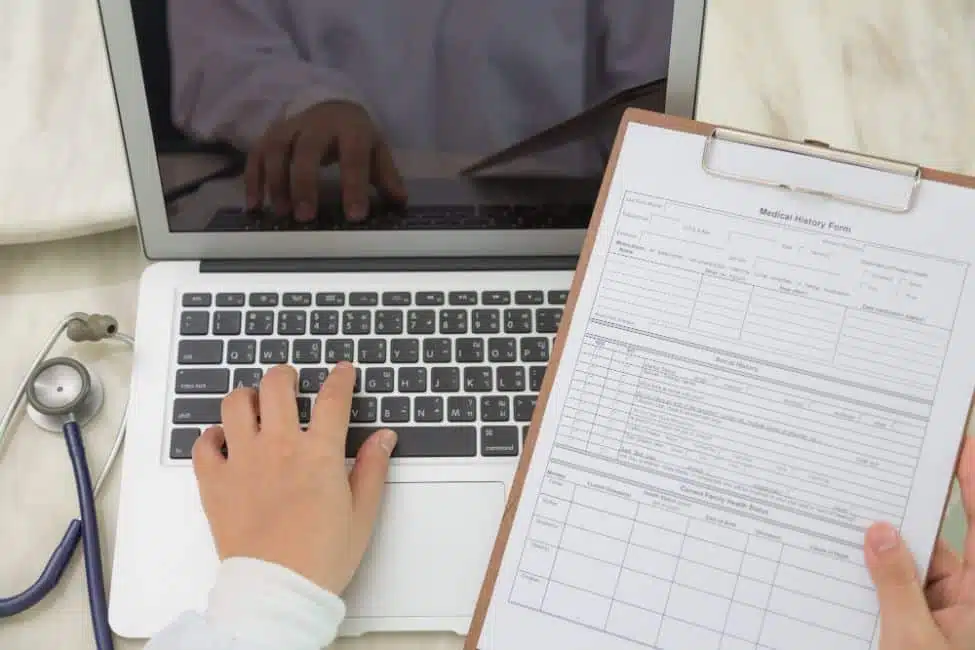Avoid Doing These 5 Things When Learning a Foreign Language
Learning a foreign language can be a tiring and challenging process. You are trying to perfect your pronunciation and grammar every day, yet sometimes it doesn’t feel like you’re getting anywhere.
Many researchers claim that children are better at understanding foreign languages. They believe that the human brain perceives more new sounds in early childhood.
That’s why so many kids that live in bilingual families can speak both languages perfectly.
So, where does that leave adult learners? Not everyone learns a foreign language in childhood. Most of us only discover the necessity or desire to speak another language in our teenage or adult years.
Is there a way to improve the learning process for older students? By eliminating these five things, you will be able to learn any foreign language more effectively.
Don’t Rely on Translation
Many beginners start creating a glossary of unknown words, writing down the foreign word and its translation in their native language.
This, however, is not the best long-term approach. If you know the translation of the word, you will continuously be translating phrases in your head and spend more time finding the right equivalent than communicating.
One of the key things to do when learning a foreign language, is to learn to think in another language, not translate.
It’s better to write down the meaning of every French or German word or phrase you want to memorize rather than translate it. When you know the definition, you will understand what the exact word means (even if you don’t remember the translation of it) and be able to convey your message faster.
Don’t Stick To One Textbook
Most students use a textbook to learn new words and practice grammar rules. There is indeed a wide selection of textbooks categorized in different levels containing vocabulary and grammar explanations and exercises, creating a logical step-by-step system for learners to follow.
But a textbook shouldn’t be your only source of learning a foreign language. You won’t hear how people really talk and express their thoughts in that language from a textbook.
Language covers much more than just texts and exercises: it’s culture.
Instead of only using textbooks, look for various types of content, such as YouTube videos, films, podcasts, and TV programs in that language.
You can even watch IGTV or stories of famous influencers on Instagram by using the Instagram tracker app. Surround yourself with different material in another language, and you will be impressed with the results.
Don’t Focus On Your Mistakes
When trying to communicate in a foreign language with other people, we often may feel ashamed and embarrassed about our pronunciation, or get frustrated at all the mistakes we make.
This is the entirely wrong attitude.
For language learners, it’s so easy to feel insecure when you talk to a native speaker. But imagine the opposite situation; if you come across someone learning your native language, making little progress and lots of mistakes, would you judge them? Of course not!
You would encourage them and try to give them confidence.
We allow other people to make mistakes, so why aren’t we as forgiving of our own errors?
The next time you have a chance to speak a foreign language, embrace your mistakes in order to eliminate them in the future.
Don’t Procrastinate in Language-Learning Apps
There are lots of useful and well-designed mobile apps that promise to help you pick up new words and learn languages faster. Memrise, Duolingo, Babbel, and similar tools offer interactive games and quizzes, which are meant to help you learn faster.
Flashcards may indeed help you to memorize individual words. But, such apps don’t really improve your knowledge of the language and can waste a lot of your time.
Memorizing the meaning of the words taken out of context takes a huge amount of time. That’s because you need to learn the meaning of the word by heart, without “feeling” it in a sentence.
Language-learning apps project an image of progression in learning, but they don’t enhance your skills considerably.
Cut down on the time you spend using such apps and focus more on active learning, like reading a newspaper or listening to a radio program in a foreign language.
Don’t Expect Too Much From a Teacher
Getting individual lessons from a teacher is one of the best ways to study a foreign language.
Such lessons will give you an opportunity to practice communication skills and ask for some additional explanations of grammar rules.
Although teachers are helpful, you shouldn’t rely on them to do everything for you. Many students blame their tutors and get disappointed every time they don’t see the progress promised. But listening and absorbing knowledge requires patience many students lack. Teachers can help you, but they can’t put the grammar and new vocabulary in your head.
As Haruki Murakami once said: “There are things you can only do alone, and things you can only do with somebody else. It’s important to combine the two in just the right amount.”
So make the most of any individual lesson and revise the materials thoroughly before the next one.
Learning a foreign language is a very complex phenomenon; thus, you will need to be productive and persistent to understand and use a foreign language with any proficiency.
With all the ‘don’ts’ you may have gotten the impression that language-learning is boring, but it can be fun, we promise! By creating a favorable atmosphere for studying, you will enjoy the process and discover a whole new world.
If you are looking for a professional translation service, look no further than BeTranslated.
Our skilled translators have many years of experience in their specialized fields and will provide you with high-quality localized texts every time. For more information or a free, no-obligation quote, contact us today.






